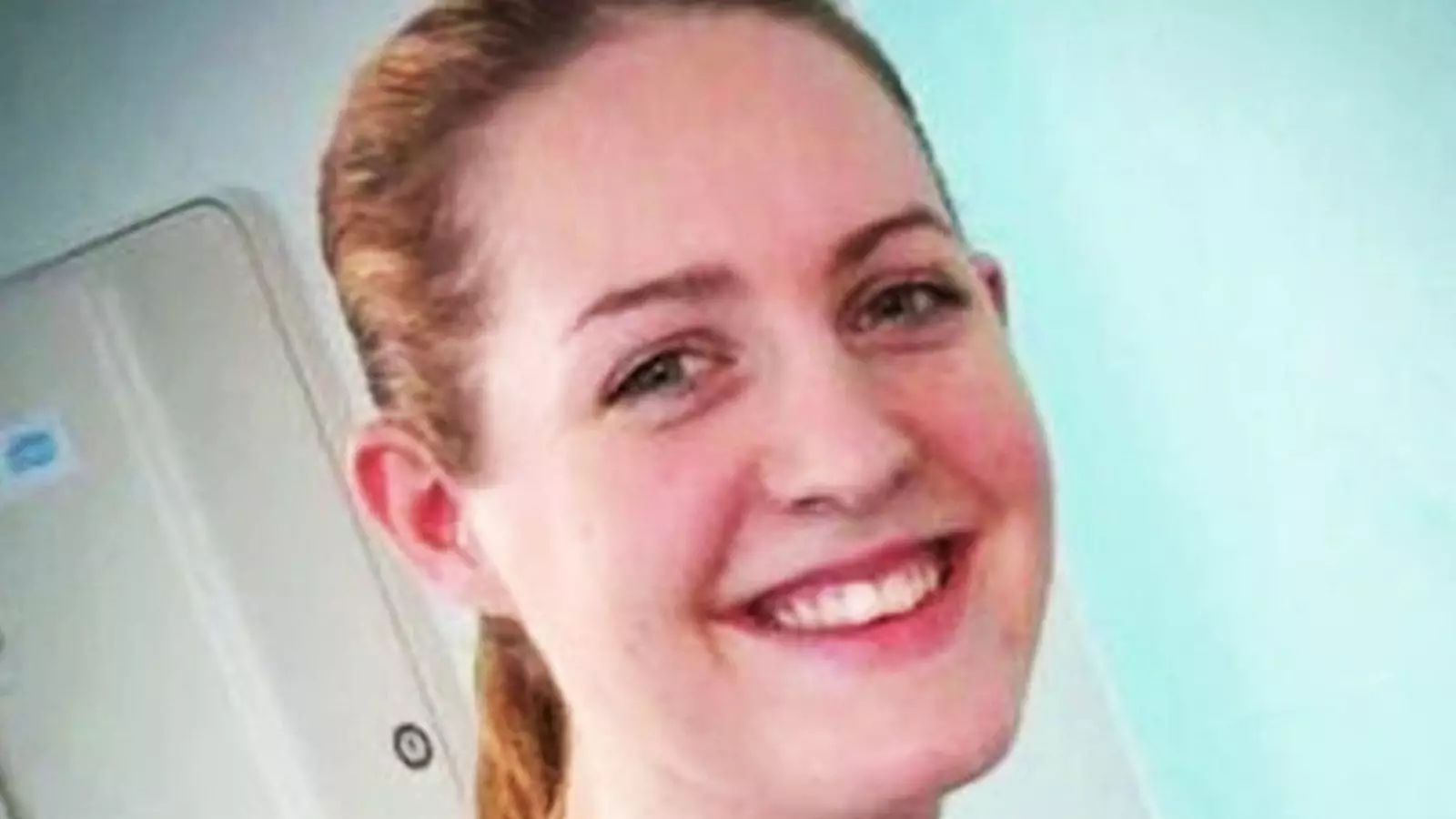The tragic case of Lucy Letby, a neonatal nurse sentenced to life in prison for killing and attempting to kill infants in her care, has raised profound questions about the systems in place within healthcare institutions. This inquiry sheds light on critical moments and failures that enabled these heinous acts to occur over a 12-month span between 2015 and 2016 at the Countess of Chester Hospital. A recent hearing brought to light not only the frustrations and observations from hospital executives but also the various systemic issues plaguing the NHS trust responsible for Letby’s employment.
Unraveling Oversights: A Look at Hospital Management
Tony Chambers, the former chief executive of the Countess of Chester Hospital, recounted a particularly troubling meeting in December 2016 with Lucy Letby’s father. Emerging from a climate of anxiety and suspicion, Mr. Letby’s emotional tirade included threats directed toward Chambers, creating an atmosphere that complicated an already frightening situation. The inquiry underscores the gravity of that moment, highlighting how personal feelings and confrontations can distract from professional responsibilities in times of crisis.
Chambers’ testimony was an acknowledgment of the numerous missed opportunities to address warnings regarding Letby’s behavior. He admitted that their response lacked the urgency and awareness necessary for safeguarding the infants under their care. This realization brings forward the importance of establishing not only protocols for apprehending malfeasance but also fostering a culture where staff concerns are prioritized and responsibilities communicated clearly within the trust.
Throughout the inquiry, Chambers expressed his sincere apologies to the families affected by Letby’s actions, emphasizing how he cannot fully comprehend the extent of their pain but recognizes the profound implications of the failures in the trust’s processes. While he accepted a measure of responsibility for the systemic failures, he pushed back against notions of personal culpability, suggesting that the issues stemmed from a broader lack of awareness within the board about the rising mortality rates in the neonatal unit.
The inquiry has highlighted the significant weight of leadership accountability in healthcare. It remains clear that governance frameworks must be robust enough to prevent tragedies from occurring due to oversight in management. Effective systems must promote a sense of individual accountability intertwined with collective responsibility, ensuring that all staff feel empowered to act when they suspect something is awry.
One striking revelation from the inquiry was the acknowledgment from Chambers regarding the hospital’s inadequate communication with families. His admission that engagement could and should have been more substantial resonates deeply within the context of patient care and family involvement in healthcare decisions. When families are kept informed and are active participants in their loved ones’ care, it can lead to more comprehensive oversight and compassion within the system.
Similarly, former director of nursing Alison Kelly also recognized her shortcomings during Letby’s tenure, lending credence to the notion that while intentions may be rooted in goodwill, the execution of duties requires constant scrutiny and adjustment. With multiple staff members admitting to flaws in management processes, it is crucial to emphasize training and support mechanisms, ensuring that staff adequately understand both their responsibilities and the repercussions of neglecting their duties.
The Lucy Letby case serves as a chilling reminder of the potential horrors that can arise when healthcare systems fail to uphold their foundational tenets of safety and care. Systemic failures at Countess of Chester Hospital created a fertile ground for Letby’s actions to go unnoticed for far too long. The ongoing inquiry illustrates that effective leadership, comprehensive training, and improved communication are paramount in preventing such tragedies. Moving forward, it is imperative that healthcare organizations nationally adopt a more vigilant, supportive, and transparent culture that prioritizes patient welfare above all else. Only through such changes can the lessons of this case be respected, and the families affected find the closure they desperately need.


Leave a Reply